As market dynamics shift, startups prioritize profitability over fast user growth. Industry experts highlight the significance of sustainable growth, profitability cycles, and the role of trust in finance.
Up until 2022, there was higher tolerance for startups prioritizing user acquisition and market share over immediate profitability. The market was characterized by favorable circumstances of near-zero interest rates, where traditional investment options offered minimal returns. That prompted major entities like large corporations, hedge funds, and sovereign wealth funds to channel their funds into venture capital (VC) and startups.
Consequently, the timeline for closing deals in 2021 dramatically shortened, often concluding in under a month. This acceleration had the unintended effect of diminishing the emphasis on due diligence during the decision-making process. The prevailing sentiment in the business world was one of apprehension about missing out on potential opportunities.
The anxiety-driven mindset prompted many to invest without conducting their customary level of thorough investigation. However, as 2022 unfolded, a new trend began to evolve.
“We are currently experiencing the aftermath of the exuberant events of 2021, which has left the startup ecosystem grappling with a painful hangover. The present situation is characterized by a widespread downturn in various sectors of the operating world. Both valuations and deal volume have taken a significant hit, contributing to the prevailing downturn,”
says Jelena Zec, director at Citi Ventures.
Moreover, the challenges extend to the realm of venture capital where funds are actively seeking investments from their limited partners. However, this is proving to be an uphill battle.
“The struggle to secure funds is not confined to startups alone. Venture capital funds themselves are facing difficulties in raising capital from their LPs. As a result, efforts are being made to conserve cash on both fronts, reflecting the financial strains that currently define the landscape,” Zec adds.
We’re living in cycles
Founded in 2010 with mandate to invest in category-defining startups with the potential to revolutionize financial services, Citi Ventures has built an active global portfolio of more than 100 startups including more than 30 unicorns and 28 companies that have exited via IPO or acquisition. The team’s two most recent European investments, Anyfin and Doconomy, have been directed towards the Nordics.
Zec acknowledges that investors are increasingly looking for fintech companies that can achieve a balance between innovation and sound financial management, demonstrating a clear path to profitability and sustainable revenue models. But to Zec this shift is pivotal for ensuring the success of partnerships:
“Just as in a marital relationship, it’s essential to comprehensively understand one’s partner. This notion applies not only to VCs getting to know startups but also for startups to diligently assess VCs. This reciprocal process holds critical importance.”
She argues that the focus on profitability and its sustainability is cyclical, much like the ebb and flow of trends.
“We should anticipate another phase where the emphasis shifts away from profitability and towards rapid growth. Eventually, this cycle will reverse as the drawbacks of neglecting profitability become evident. This pattern is far from linear. Nonetheless, there’s a noticeable change in the priorities venture capital funds consider when evaluating potential investments,” she concludes.
Underestimating compliance costs
Zec and the Citi Ventures team assess various aspects when evaluating potential investments, including scrutinizing the potential market and competitive landscape. They also delve into the startup’s distinct value proposition, closely examining its business model.
“Our evaluation extends to conducting a comprehensive financial analysis, encompassing an in-depth review of revenues, expenses, and cashflow as well as a thorough understanding of unit economics. This process includes performing sensitivity analyses to assess different scenarios,” she explains.
Another crucial dimension is the regulatory environment. Due to the potentially substantial costs associated with regulatory compliance, underestimating these expenses can pose a significant hurdle for startups striving to achieve profitability.
Amidst hyper growth, the intense focus on customer acquisition and expansion can inadvertently divert attention from cultivating this essential trust.
“This perspective is especially relevant in the finance industry, where the disruption of long-standing financial services clashes with the credibility of established brands that have fostered trust over centuries,” Zec says.
She points to the notable example of Silicon Valley Bank, where a crisis prompted a reversion to trusted established financial institutions like Citi. The significance of trust becomes evident in such instances.
“Constructing trust is a gradual process intertwined with consumer adoption. This process necessitates an investment of time, an aspect that startups often underestimate due to the misconception that trust can be built over night,” Zec says.
An era of extraordinary companies
At Upfin, a Nordic venture fund specializing in early stage fintech, principal Oliver Sjöstedt is adapting to the “new normal”. Even though requirements for fundraising have increased and valuations are back to the level before the heyday, Sjöstedt looks positively at the recent trends in the industry:
“The past three years have been turbulent to say the least, with for many, a very painful adjustment period. However, there are already signs of an upswing. I am convinced we will look back at 2023 as a year where a new generation of truly exceptional companies were being built.”
Oliver Sjöstedt, Principal at Upfin
Growth without considering costs is no longer a feasible approach, and in Sjöstedt’s perspective, this shift towards sustainability is a positive one.
“Growth is still crucial, but it needs to be accompanied by a convincing path to profitability and healthy underlying unit economics. As investors regain their trust, they’ll become more receptive to lengthier and less predictable routes to profitability. Really, it’s a ridiculously basic perspective to ask yourself, ‘How could this business ever become profitable?’ Hopefully we won’t forget it again,” he says.
Scaling beyond mere profits
As early-stage investors, Upfin often lack substantial data to evaluate profitability. The priority for Sjöstedt and the team is to identify product-market fit and ensure scalability. Nevertheless, the potential for robust unit economics is essential.
“If a startup has three-month sales cycles with enterprises, we look for a payback period of under a year. As more late-stage fintech companies prove that their business models can become profitable, pressure to focus profitability will ease for early-stage companies with similar models,” Sjöstedt says.
But the single approach to profit does come with some risk, as investors are shifting from a singular focus on user growth to a singular focus on profitability.
“In doing so, investors end up mistakenly encouraging behaviour that undermines the venture model, where ambition, simplicity and growth are sacrificed. There is a nuance beyond the dichotomy of growth and profits; what we’re trying to avoid is mindlessly scaling businesses that can never become profitable, not create profitable businesses that never scale,” Sjöstedt argues.
But some things will never change, and venture capitalists typically invest in startups not for a modest return but for a potentially significant one. So founders should avoid getting so focused on short-term gains or metrics that they lose sight of their larger, long-term vision. They should not let immediate challenges or concerns curtail their broader aspirations.
“I’d say that the aim in regard to profitability should be towards having the ability to choose it once you’re at scale. Don’t fall into the trap of becoming too shortsighted or dampening your vision; VCs are not here to back safe paths to profitability. If you have a bold idea of how to reshape financial services for the better, let’s talk.”



